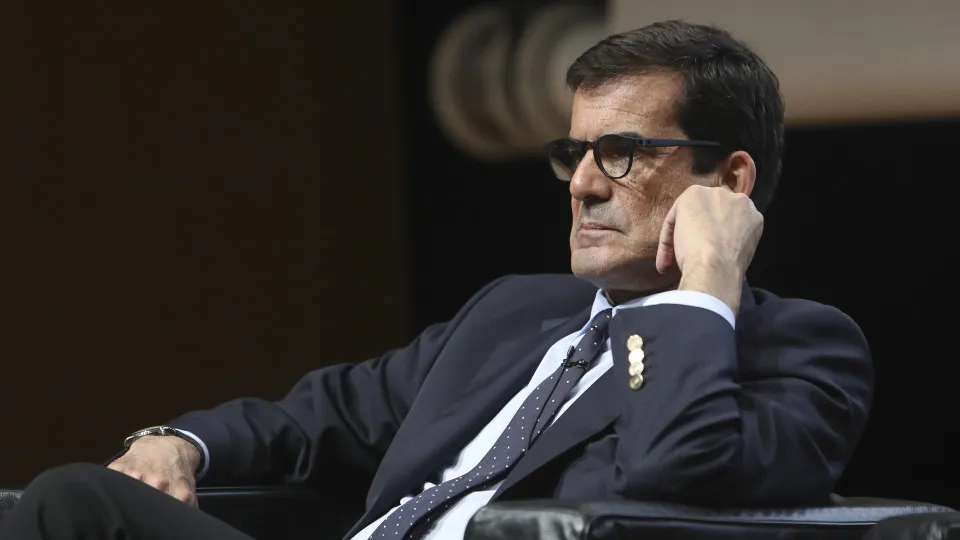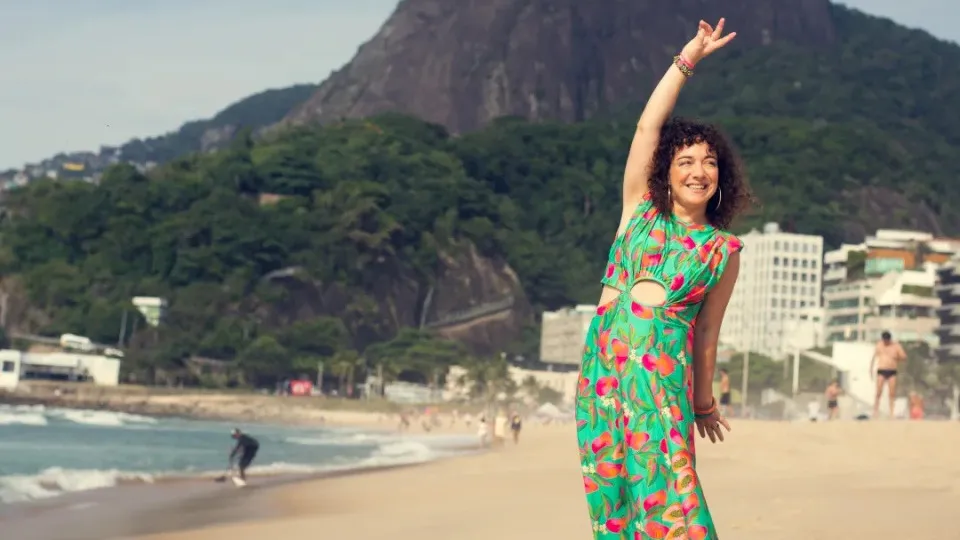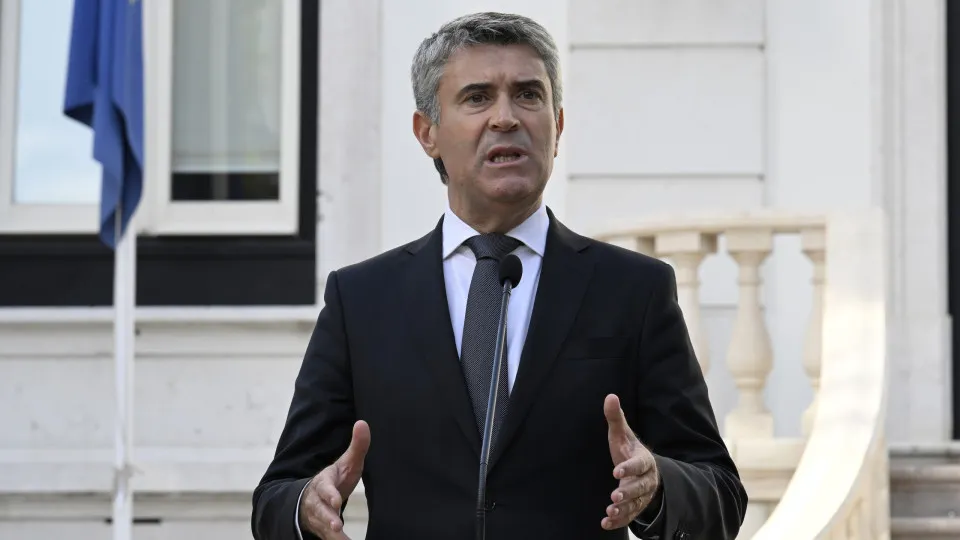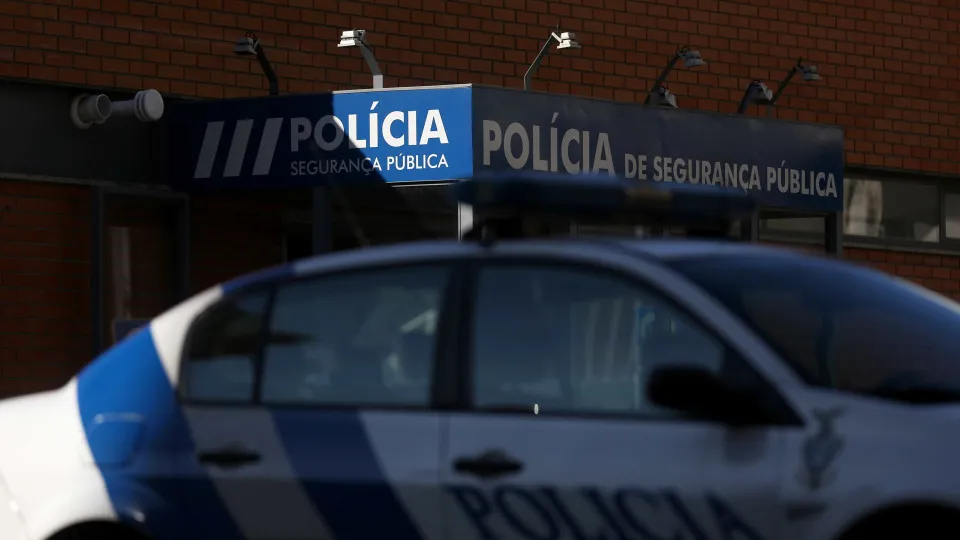
“The only thing the city council issued, and could not fail to do, is an occupancy permit for the public space,” said today to journalists on the sidelines of the inauguration of the Euronext building in Porto, stressing that such issuance “is not a political act, but a practical act.”
This reaction comes after Metro do Porto assured, in a letter sent to the president of the Municipal Assembly, which Lusa accessed today, that the second phase of the metrobus works only progressed with authorization from the municipal council.
According to the independent mayor, “whether it be Metro or any private or public entity, there cannot be a filing veto.”
“My services cannot do that,” he assured.
Rui Moreira likened the situation to “doing a house renovation and installing a crane,” emphasizing that the metrobus “is not a municipal project, it is not subject to licensing.”
“What we conveyed to Metro do Porto, precisely, and in fact, was partially fulfilled, were those concerns regarding the second phase, namely not being on a dedicated lane and being on a shared lane, roughly from Garcia de Orta to below [Castelo do Queijo],” he stressed.
In a statement sent to the newsrooms, the press office of the Porto City Council emphasizes that “it does not have the competence to issue licenses for state works.”
“The traffic conditioning referred to was issued by the municipal services after being requested by Metro do Porto, and after the company’s board of directors, and its oversight, insisted with the city council on the urgency and inevitability of its authorization, under penalty of losing funding for the second phase of the work,” the council states in the communiqué.
The Porto City Council highlights that “it treats all applicants according to the applicable legal precepts, being prohibited from blocking requests that comply with them,” adding that “the initial conditioning request was deferred to occur at the beginning of the current month, having been delayed to last week at the express request of the applicant.”
Rui Moreira’s executive also states that “it would have preferred that the work only advanced after the next council was installed, and with the first phase of the system in operation, thus complying with the recommendations of the Municipal Assembly.”
“Regrets, therefore, that Metro do Porto did not have the capacity to respect this design,” it reinforces, recalling that the Municipal Assembly “expressed, last week, a ‘profound indignation’ for what it considers an ‘inadmissible disrespect’ by the administration of Metro for advancing the second phase of the metrobus without meeting the requests made by political forces for a period of public consultation of the project to be promoted.”
In the letter from Metro do Porto, sent to Sebastião Feyo de Azevedo, dated Friday, it reads: “The start of work on the ground followed the proper authorization process by the competent municipal services, having been obtained in accordance with the official document NUD/569971/2025/CMP (…), in clear compliance with legal requirements and with evident knowledge and approval of the Porto City Council.”
At stake is the start of the second phase of the Porto metrobus works, which began on September 22, precisely in the section referred to in the official document and leaving out the section next to the City Park, whose revision was requested by the Porto City Council to preserve the bike lane and trees in that section in April.
A month later, municipal candidate Pedro Duarte (PSD/CDS-PP/IL), who on Monday filed an injunction to stop the works, spearheaded a petition that precisely called for the revision of the project in similar terms to those of the Porto City Council.




